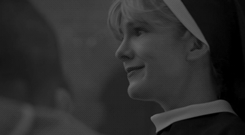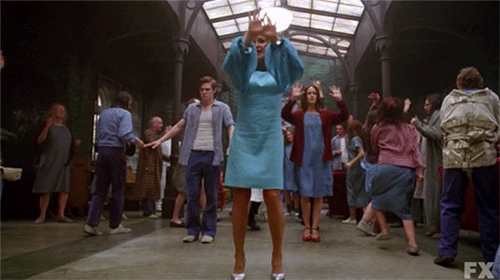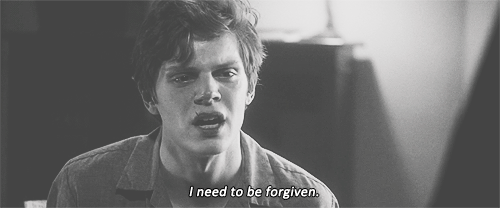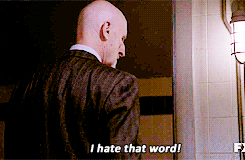The Problem With Institutions
An institution can only improve if we recognize its inevitable nature to fault.
Institutions - we identify with them, we join them, we discuss them. And whether or not we like it, institutions are everywhere we look. Perhaps we choose to incorporate them into our daily lives, including religion and politics, or maybe we choose to disaffiliate from all institutions.
It is important to recognize that every institution is flawed. Institutions contain lying, cheating, and scandal. In these moments of imperfection, it is important that members of the so-called institution rightfully critique these acts of wrongdoing. A lack of recognition results in apathy, allowing immorality to perpetuate. However, offering rightful anger and criticism of an institution's shortcomings allows for a holistic recognition which allows the institution to progress, growing from these moments of weakness.
If people are able to agree with this concept, then they should definitely apply it to current institutions. Individuals should be angry at instances of injustice, inequality, and the mistreatment of others. A current controversial issue is the recent sex abuse scandal in the Catholic Church. While the teachings of the Catholic Church are infallible to Catholics, its institution comprised of religious and lay people is certainly fallible, resulting in moments where members of the Church may make mistakes. In this situation, countless mistakes by Church priests have negatively impacted thousands of lives for generations, causing detrimental effects to the Church community. While there was outrage immediately following this scandal, it seems as though members of the Church have forgotten about this serious mistake made by the Church and those within the hierarchy.
A few weeks ago, I attended a mass where the priest remarked in his homily, "There are some people who are angry at the Church and that is why they are not here with us today. But their faith is weak because they are not able to set aside their anger and turn to God." When I heard this, I recognized the danger of blindly following institutions, even religious ones. Catholics, or even Christians, who are outraged at the recent sex abuse scandal and may refrain from attending mass because of this should not allow them to be labeled by others as weak in faith. Furthermore, judging other Catholics who do not attend mass due to their personal opinions about the Church does not unite the entire Church community. Rather, it drives people farther from the Church by judging those who are absent every Sunday as weak or faithless. This is the exact opposite of what the Church should be doing.
The problem with institutions is that we blindly support them. We assume that our membership means we owe automatic allegiance and loyalty to that institution's ideology, and we attempt to follow that ideology completely. However, we forget that no person perfectly embodies an ideology.
Different people with different ideas will always differentiate themselves; that is why ideology is not a binary, and it is better measured along a spectrum. When we accept the diversity of thoughts, ideas, and people surrounding us, we can step away from one-sided perspectives. We may be members of an institution, proud members if that, but that does not mean we support everything that institution believes, says, or does. In the same way, we may support an ideology, labeling ourselves "Democrats", "Republicans", "Conservatives", "Liberals", "Progressives", etc., but these labels do not mean that we embody everything that ideology believes in.
Additionally, even if we do identify with a particular institution, holistic acknowledgment of an institution, including its mistakes and other shortcomings, is essential. The most educated opinions are those that are holistic. These opinions do not hide behind the "D" or "R" next to a candidate's name; rather, they offer their ideology the power to move past its mistakes, improving for the future. Therefore, the solution to solving blind allegiance to institutions is a holistic acknowledgment of their presence in society and recognition of their imperfect nature. Only by recognizing these two factors will institutions grow from their mistakes and better themselves for future generations.


































